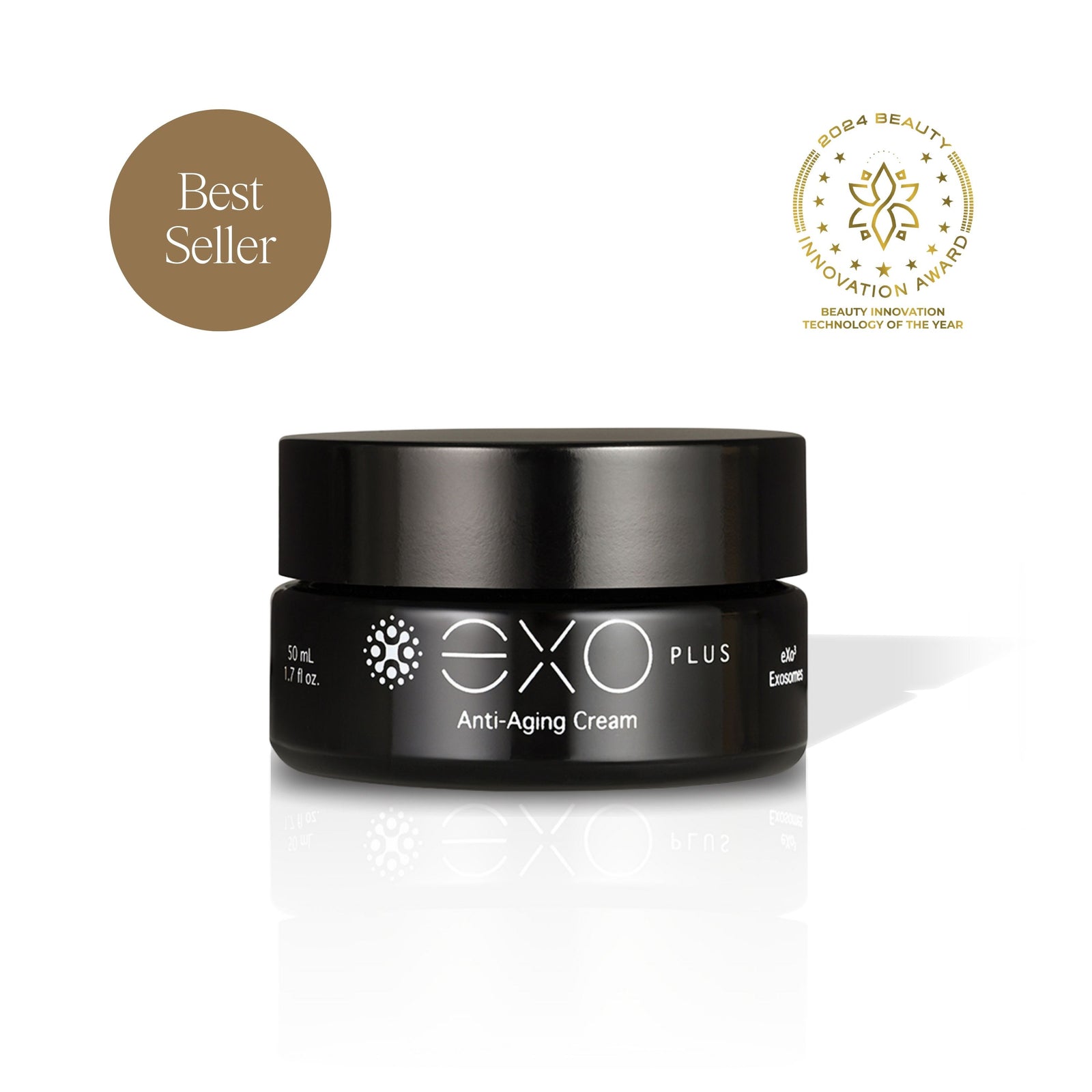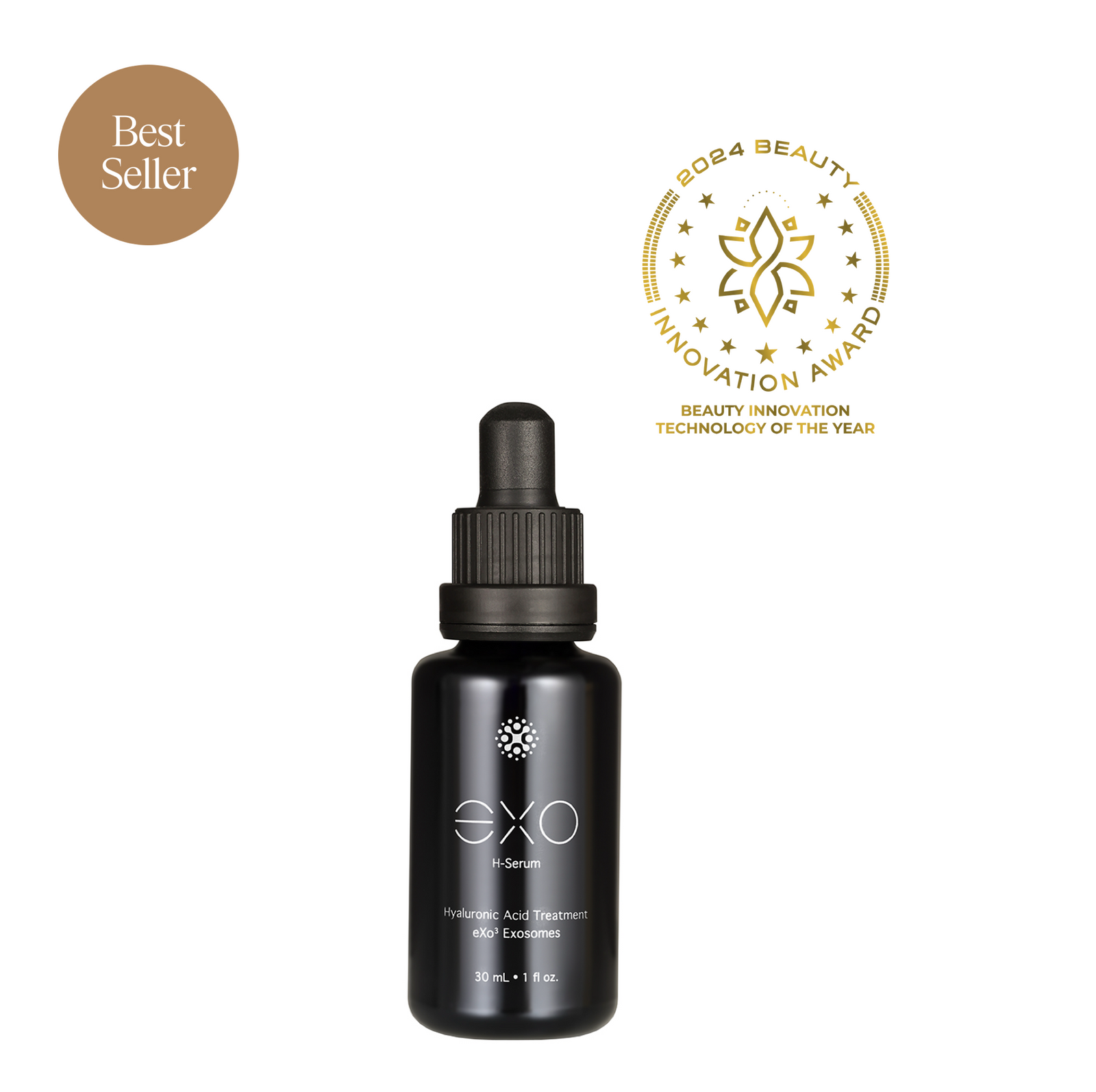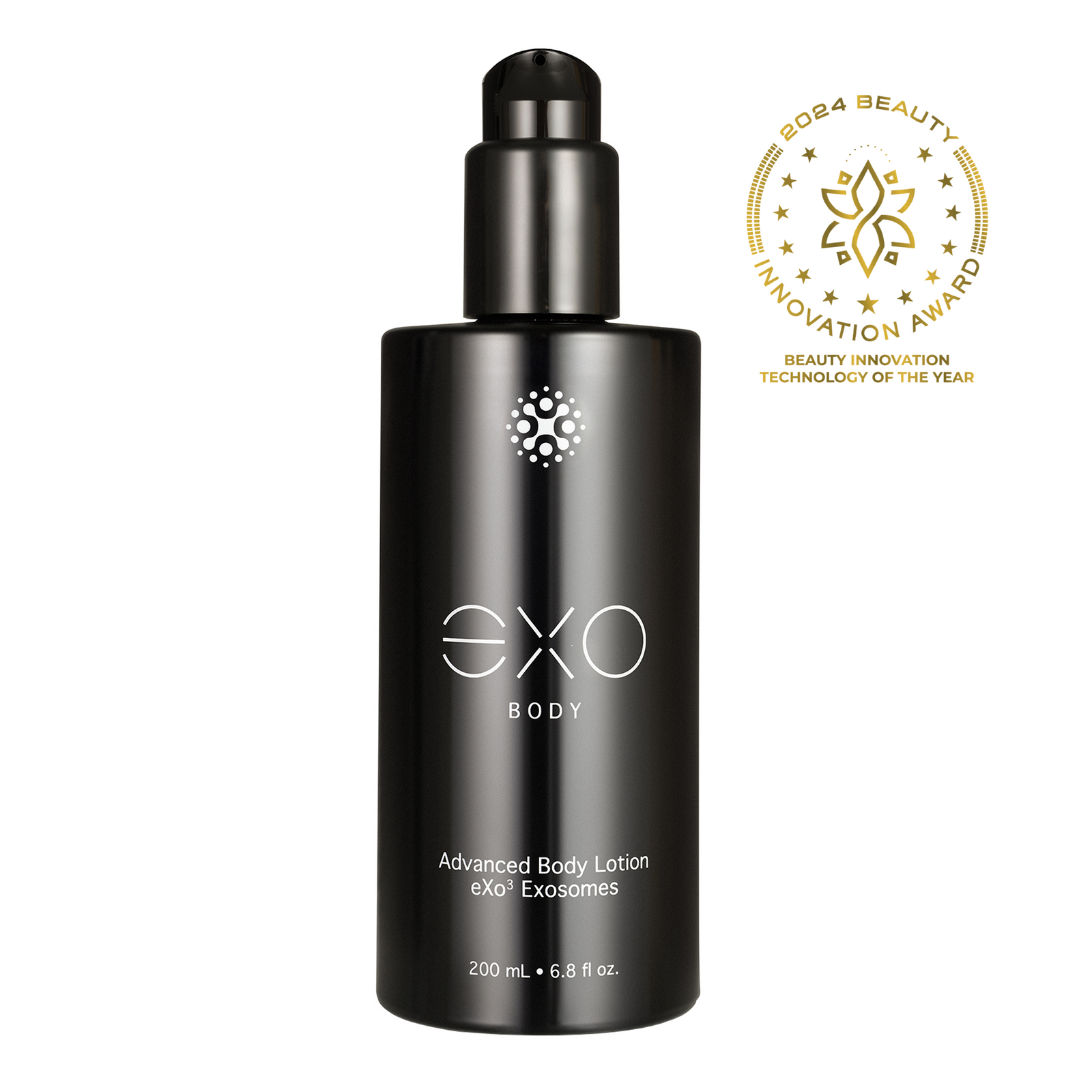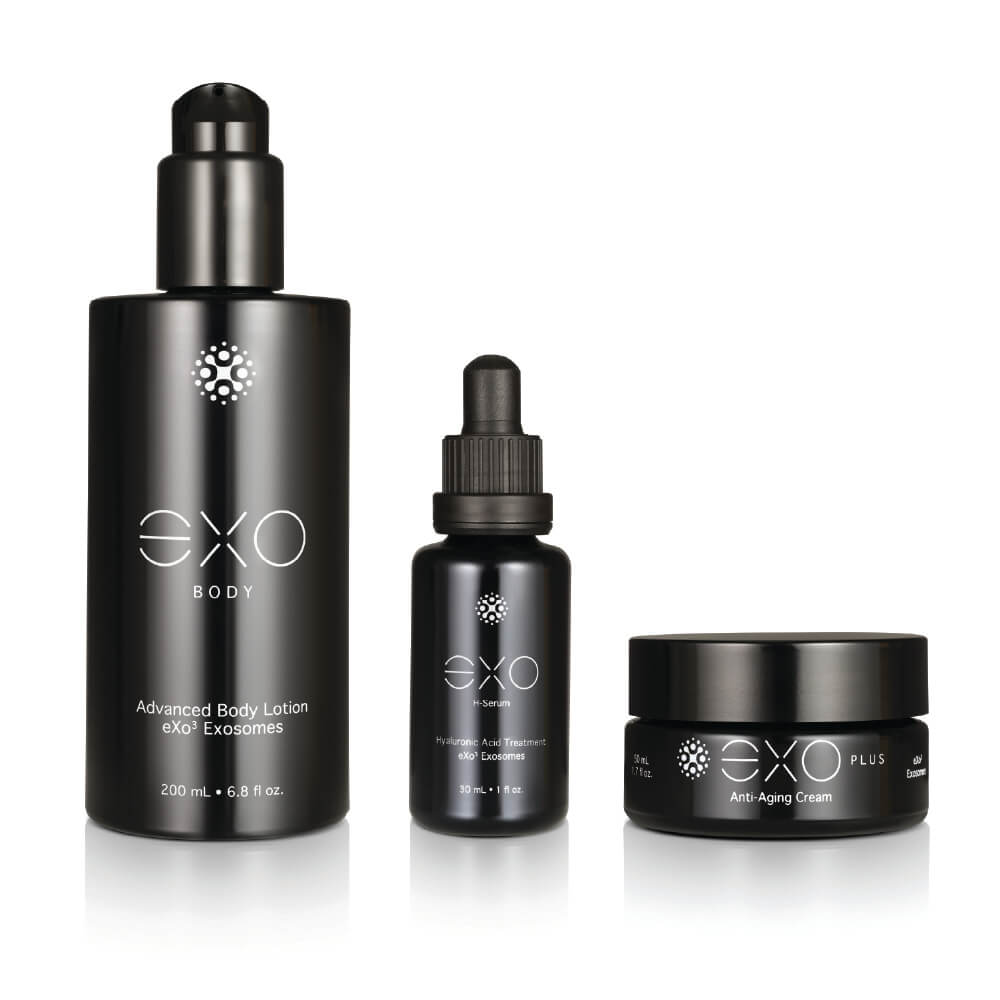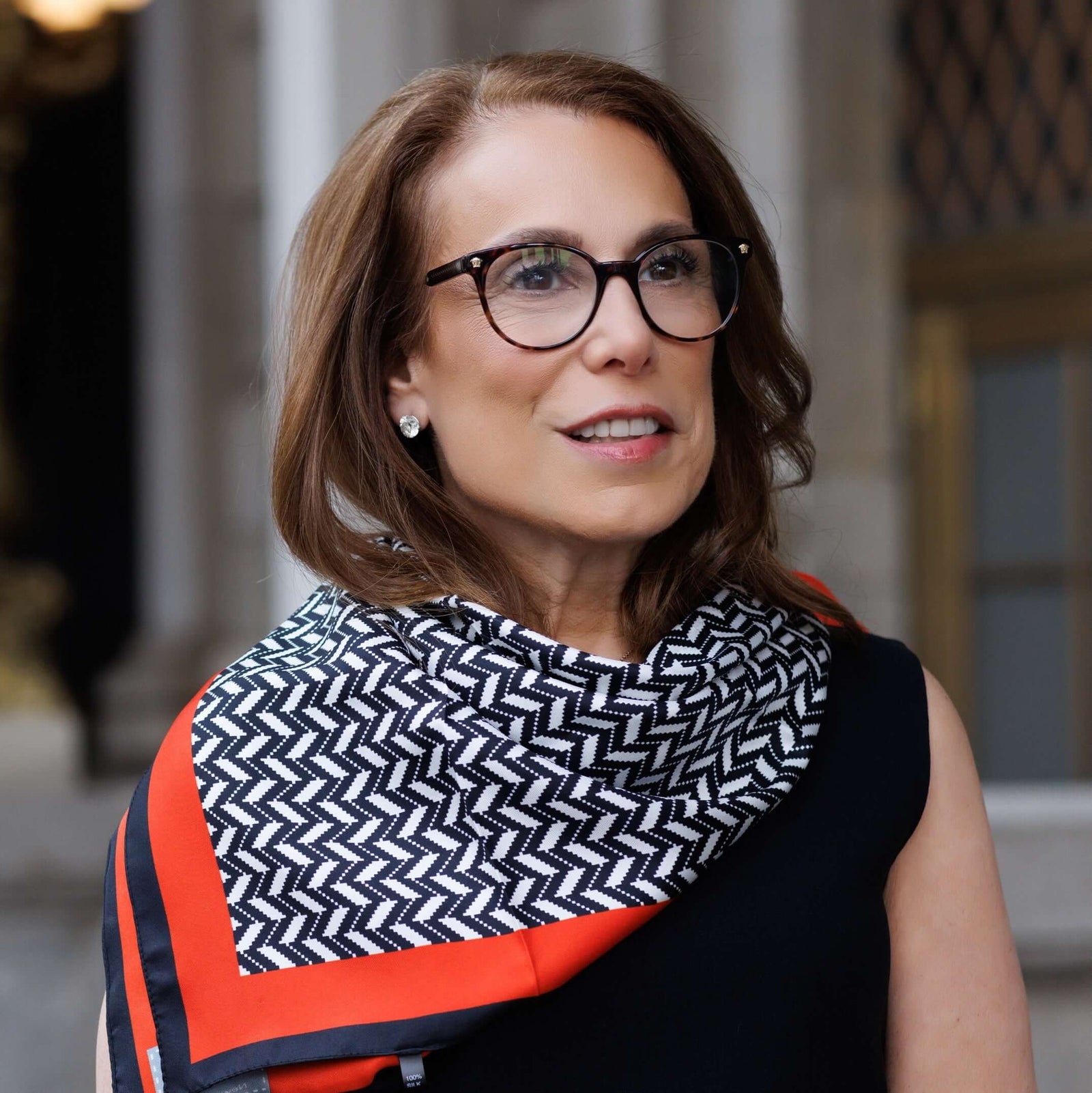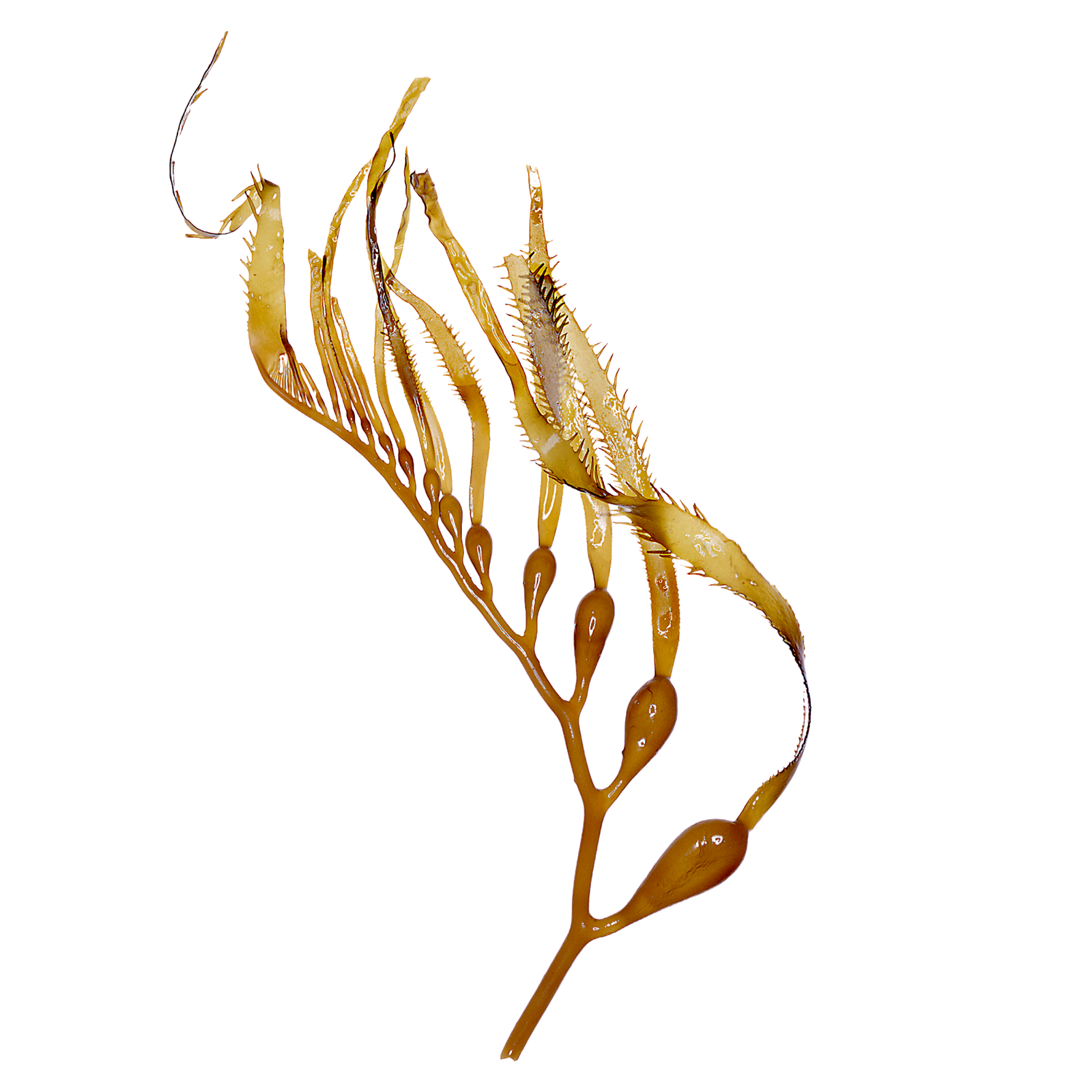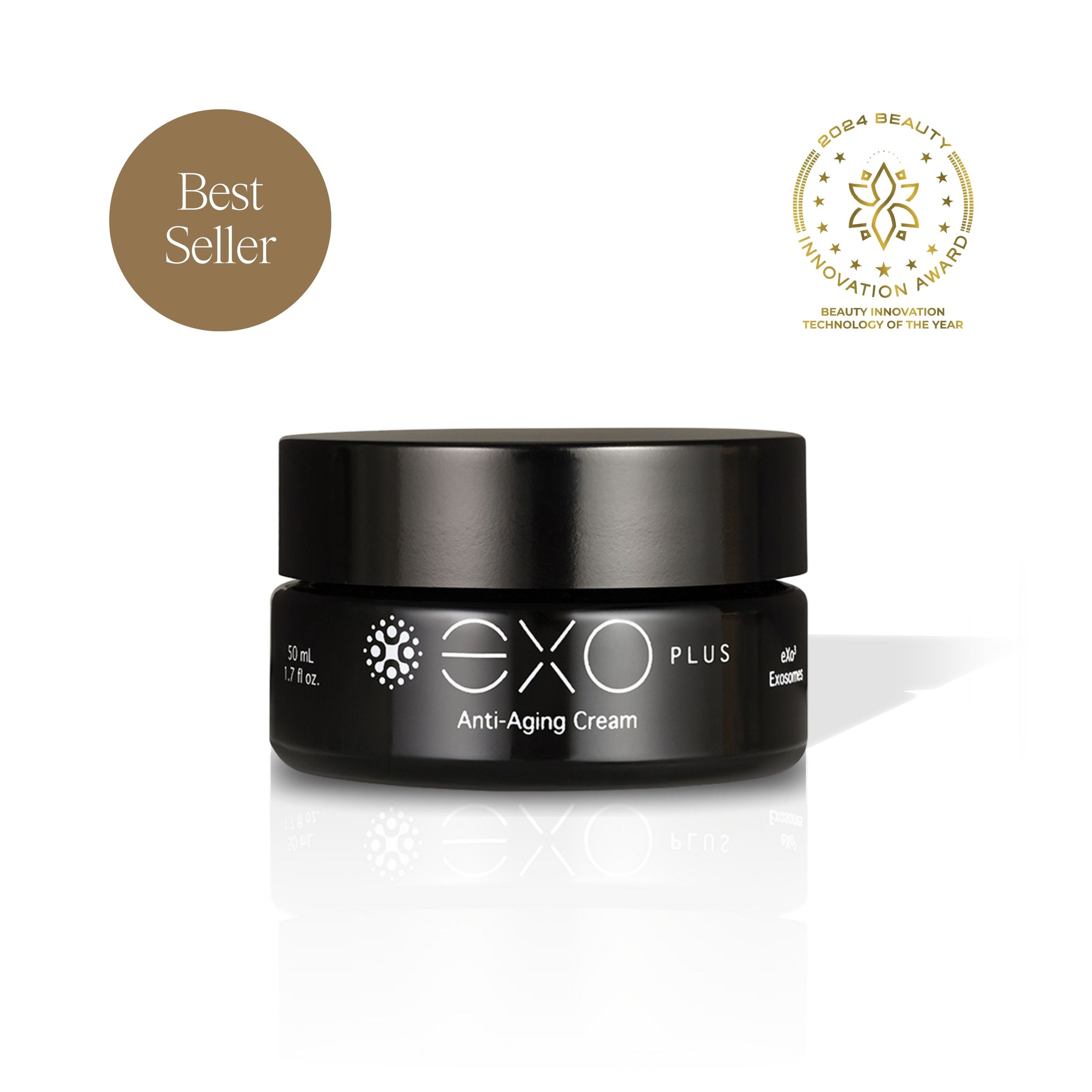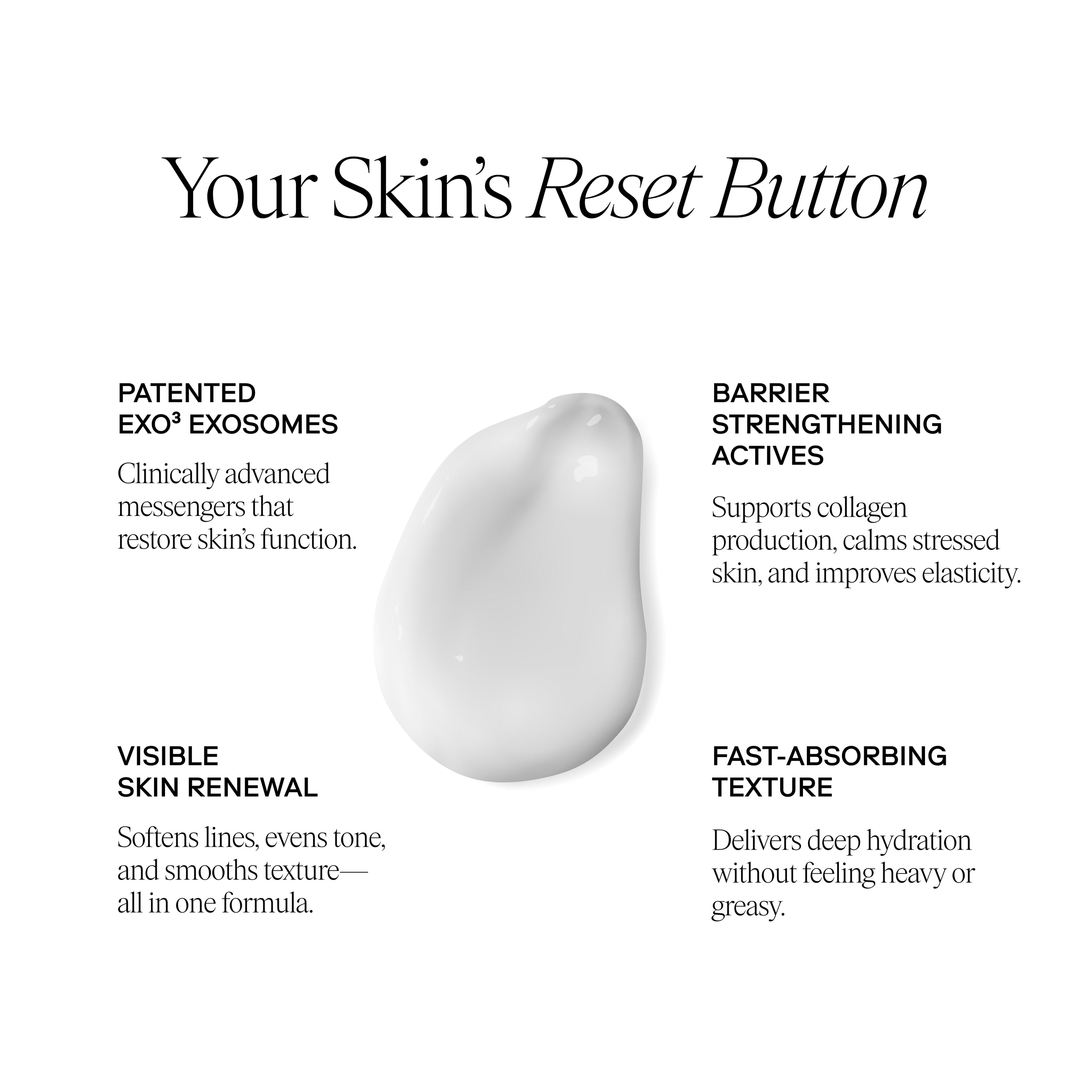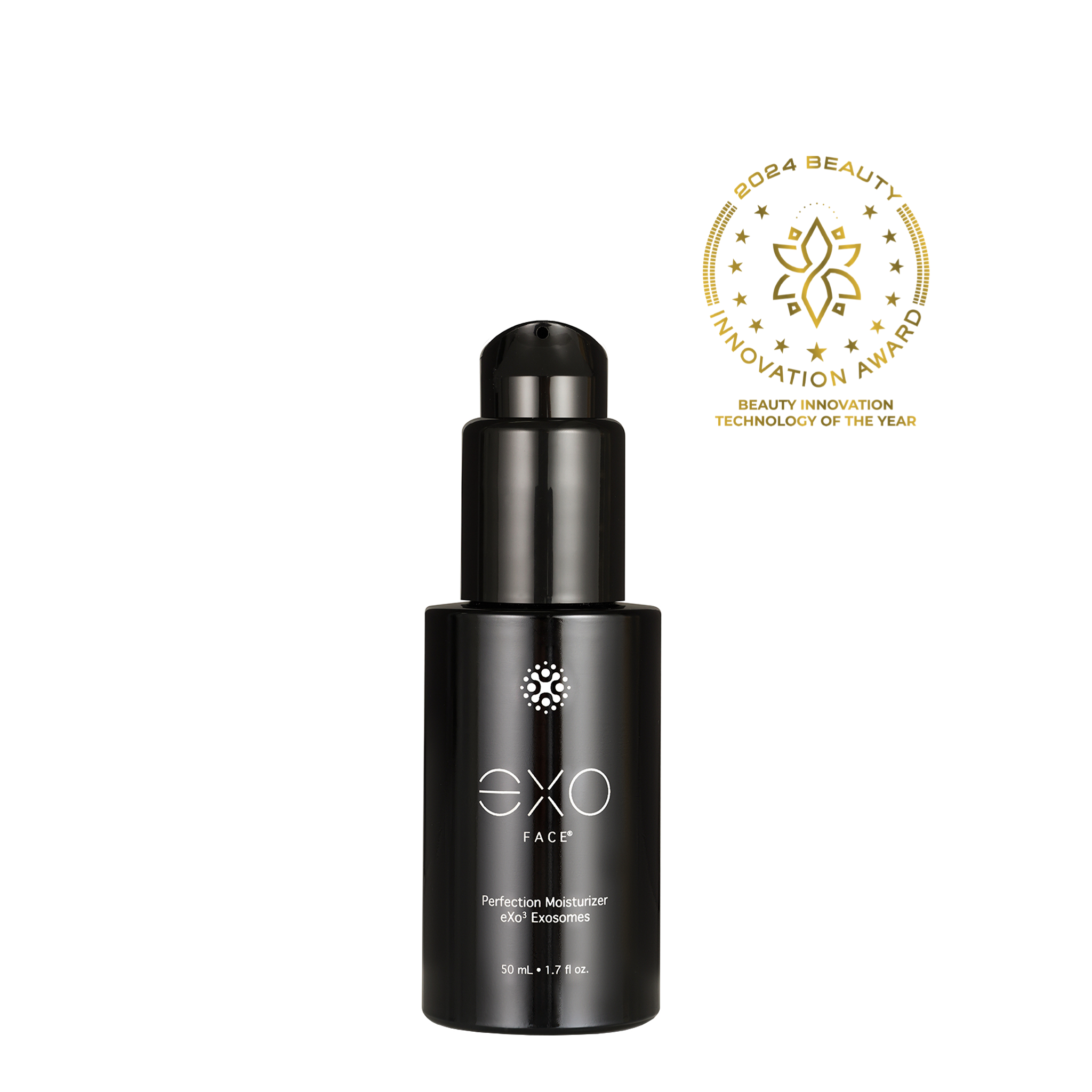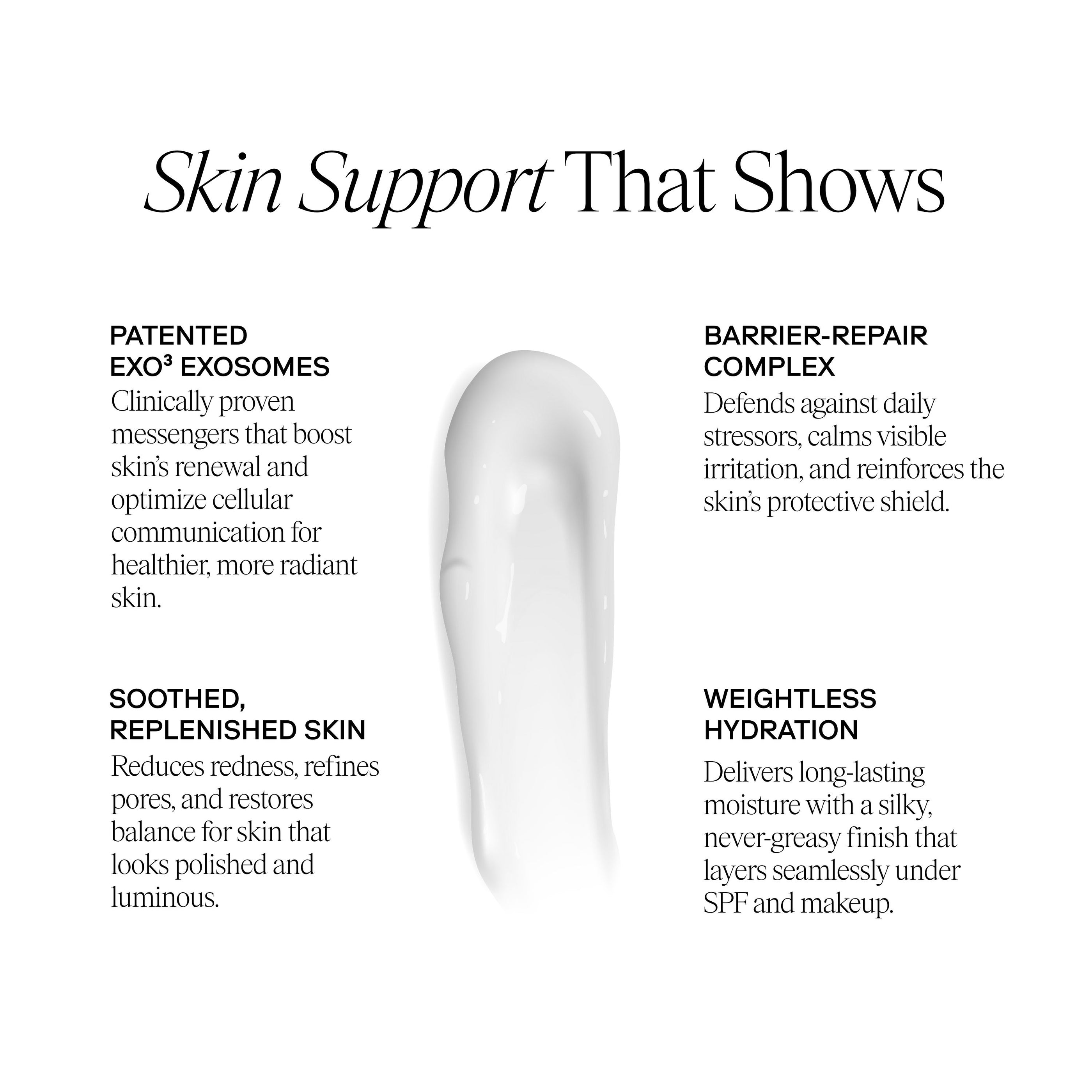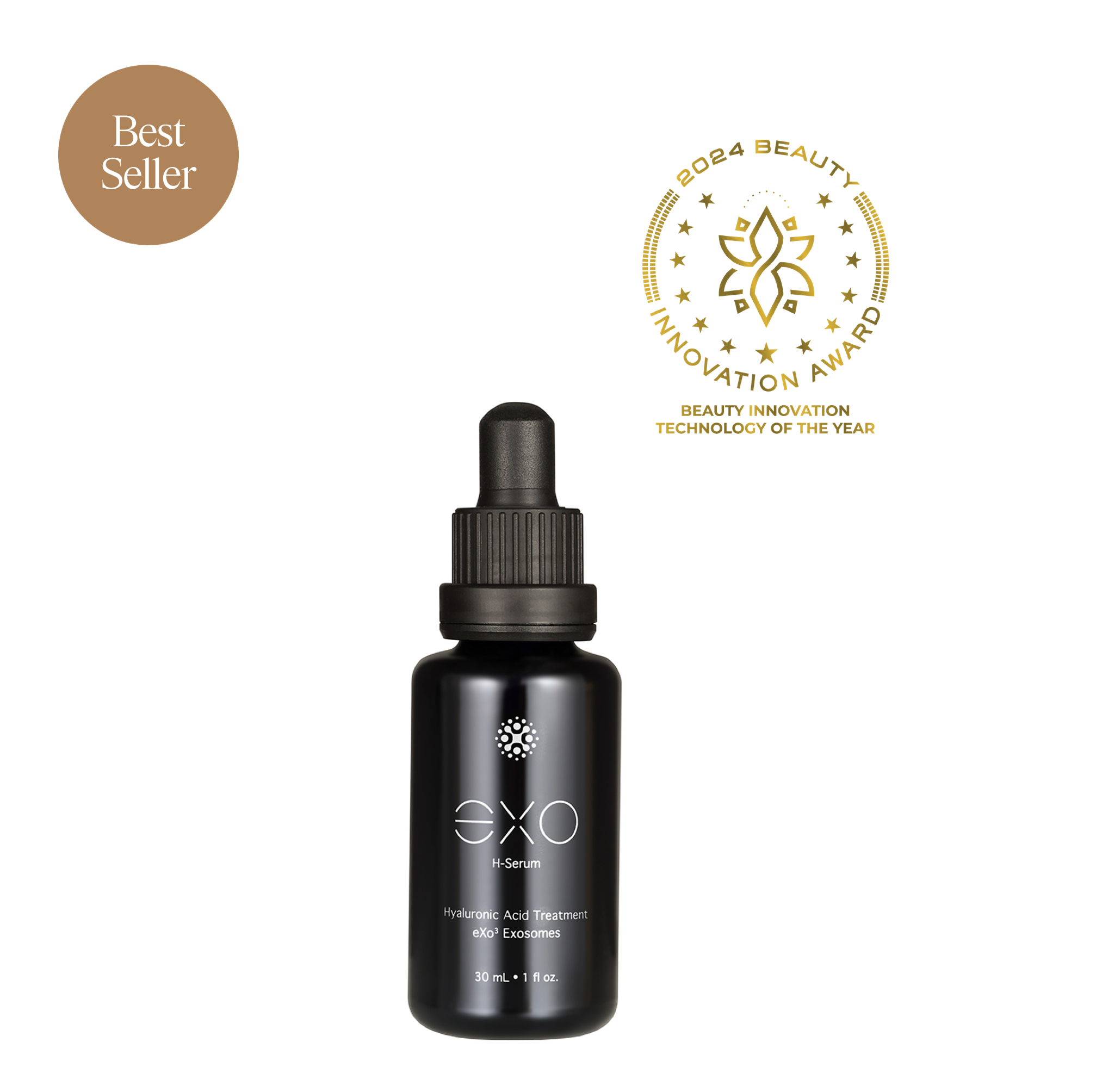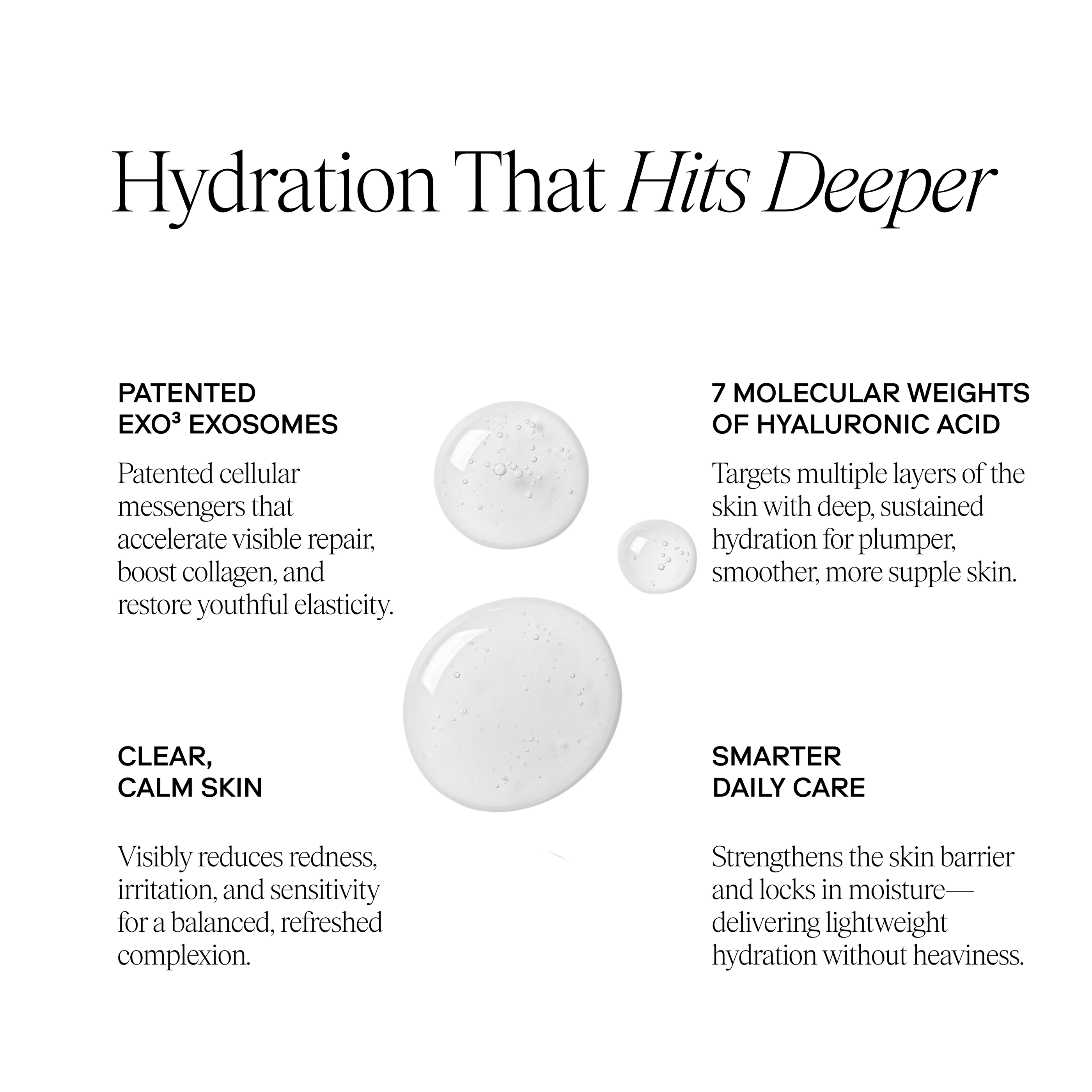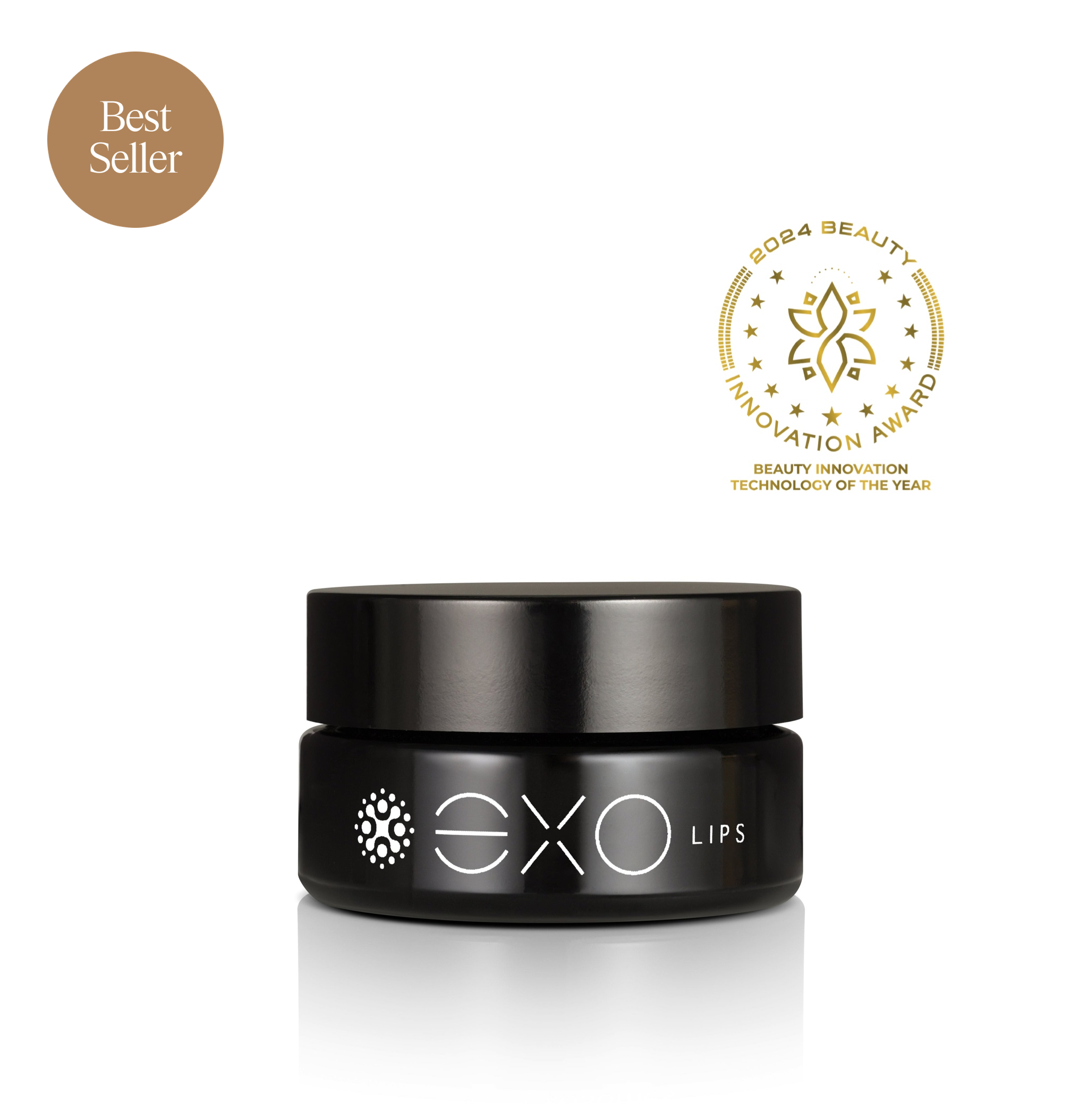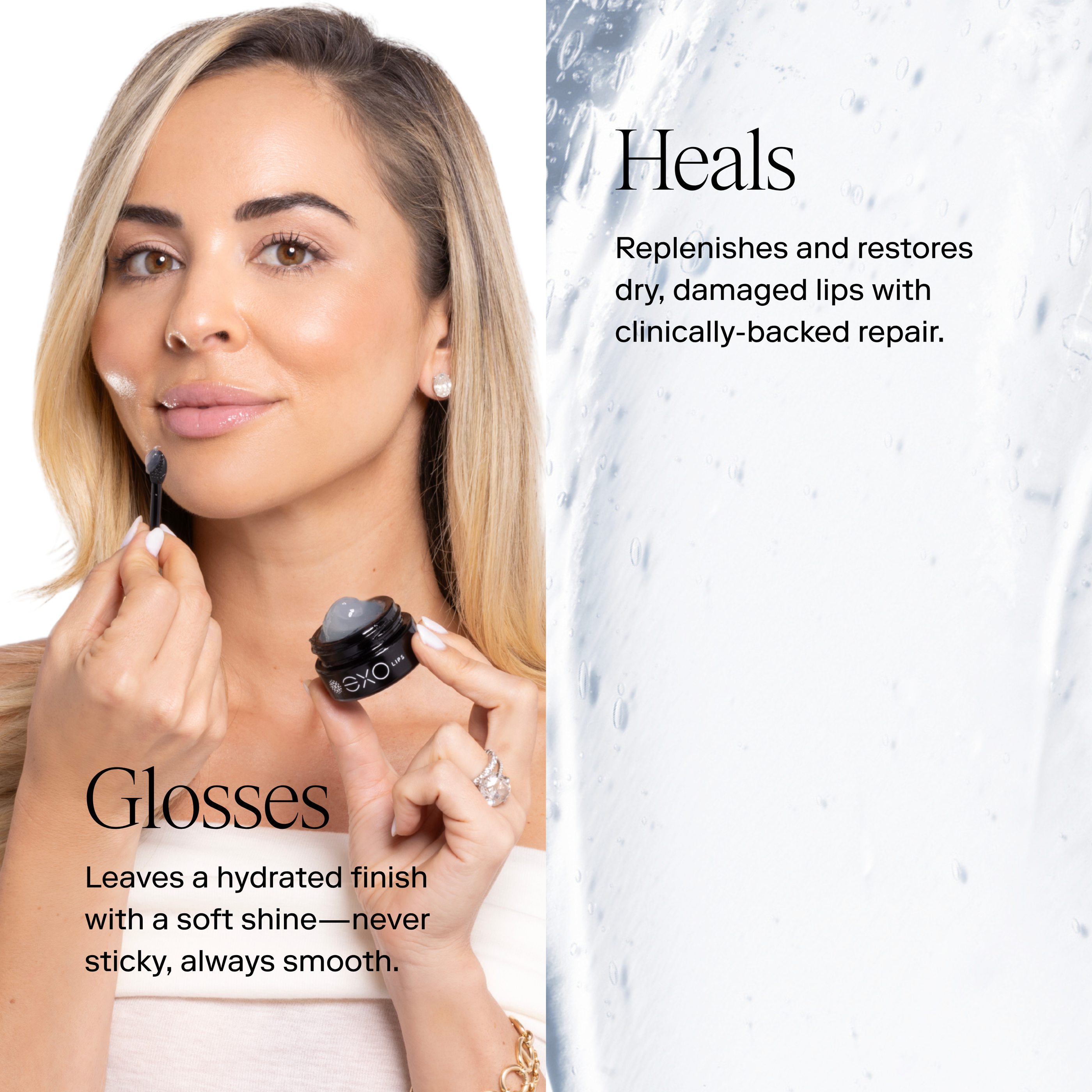More About the Trailblazing Medical Doctor, Global Entrepreneur & Philanthropist
Long before Dr. Robin L. Smith and her partners bought the Exoceuticals® skincare line, she was a thought leader and expert in stem cell and exosome research, as well as cellular therapeutic development. The award-winning doctor, author, and public speaker, whose impressive academic background includes Yale and Wharton for her MD and MBA respectively, is a global pioneer in regenerative medicine. Learn more about Dr. Robin L. Smith and how her groundbreaking work in stem cell research and advanced biotechnology are changing the game in the medical world, and beyond.
Q: What exactly is regenerative medicine and why are you so passionate about it?
Dr. Robin:Regenerative medicine is the way we look at repairing tissue, restoring function, and being able to defy aging. It focuses on harnessing the body's innate natural ability to repair, replace, or regenerate damaged tissues and organs. With a multifaceted approach combining principles from biology, engineering, and medicine, cutting-edge innovative therapies are developed for a wide range of disease treatments and injuries. The ultimate goal of regenerative medicine is to treat the most challenging diseases and restore normal function to damaged tissues and organs, while ultimately improving patients' quality of life without having to replace the organs and tissues with artificial and foreign elements. If you can repair and restore–instead of having to replace, and instead of treating a symptom–actually cure a disease, aging would have such a different meaning for the future.
Q: Tell us more about stem cell therapy.
Dr. Robin:One well-known and key branch of regenerative medicine is stem cell therapy.Stem cells have been around for a very long time. Bone marrow transplantation is actually a stem cell transplant. Not all stem cells are alike. Where they are sourced, how they are modified, and even how they are delivered can affect their therapeutic potential. There’s a lot of clinical trials exploring stem cell therapy, but one extremely exciting area is the way stem cells can communicate and that is through exosomes.
Q: Can you explain why stem cell therapy can be controversial?
Dr. Robin: There are many sources of stem cells, which are the early cells that help us develop into the people we are today, and help us repair tissue that gets damaged along the way. Many places in the body that have stem cells. They can come from different organs; they can come from your fat, umbilical cords, placentas, bone marrow, as well as other tissues, including fetuses and even embryos. There’s a lot of controversy around stem cells that come from an embryo, because taking the stem cells destroys the embryo. Stem cells also have DNA and can replicate, so there is some concern about promoting cancer formation if the stem cells come from a cancer-causing stem cell.
Q: What exactly are exosomes and why are they so important?
Dr. Robin:Exosomes are membrane vesicles that are produced in the endosomal compartment of stem cells and most other cells. They are released into the extracellular environment in a membrane-bound extracellular vesicle carrying proteins, growth factors, lipids, and nucleic acids that signal to neighboring cells to influence their biological function. The reason they are so special is that they carry and deliver to other cells miRNA cargo that can assist in a variety of cellular functions including cell differentiation and proliferation, angiogenesis, stress response, and immune signaling.They’re your messengers that go to an area that needs fixing and can regulate gene expression or reprogram cells in that area. They can down regulate and reduce inflammatory responses and they can direct a cell to make more collagen or hyaluronic acid. There are many exosome studies looking for medical breakthroughs using these “cargo messengers” to treat different diseases.
Q: Why did you decide to make exosomes the key ingredient in all Exoceuticals® skin care products?
Dr. Robin: The bioactive ingredient in all Exoceuticals® products are a proprietary form of exosomes that are tuned to optimize and activate the skin's natural ability to heal, regenerate, and tackle the profound changes that occur as we age and are exposed to the environmental stressors such as the sun. In addition to the proprietary exosomes, Exoceuticals® formulas utilize proven natural ingredients that are carefully selected and work synergistically with your skin cells to provide a healthy solution for a new look and feel.
As we’re getting older and getting exposed to the sun and other environmental insults, our skin loses moisture and we get photoaging. Because the skin doesn’t turn over as quickly as it once did to replace the damaged cells, you start seeing things like wrinkles and crow’s feet. Our skin is the body's largest organ and helps to protect us from pathogens, toxins, and UV light. It also aids in temperature regulation and helps to keep in moisture, preventing dehydration.The skin also metabolizes biomolecules such as Vitamin D and it even excretes the waste formed by metabolites, sotaking care of your skin is not just for aesthetics, but is also for your health and well being!
Q: What makes the exosomes in Exoceuticals®different from other products with exosomes?
Dr. Robin: We use special exosomes that are harvested via a patented technology that utilizes a process for extracting and tuning exosomes to increase their bioactive capacity to modulate relevant skin cell types. We call these eXo3 exosomes and aloe3 Exosomes, depending upon whether they come from human stromal cells or the aloe plant.They aretuned and optimized to help activate the skin's natural ability to heal and combat aging.
Q: Can you tell us a little about the Cura Foundation, the charitable organization you founded, and the important work you’re doing?
Dr. Robin: I think it’s really important to always be thinking of others. Giving is not just for the recipient, but it’s good for yourself and your soul. We created the Cura Foundation to bring people, including doctors, scientists, philanthropists, and patients together to help find and improve human health globally and discover medical breakthroughs. One goal is to give access to care to all different people through partnerships, resources, technology, and telemedicine. I feel very fortunate and proud of the things we have done through the Cura Foundation, including having the ability to make a difference by partnering with many organizations around the world such as the Vatican and other amazing institutions. Regardless of one’s faith or background, we all have in common the belief that health is important to everyone. Together, we can work to make a difference globally so no one is left behind when it comes to health.
To learn more about Dr. Robin L. Smith, head over to her website at www.robinlsmith.com

